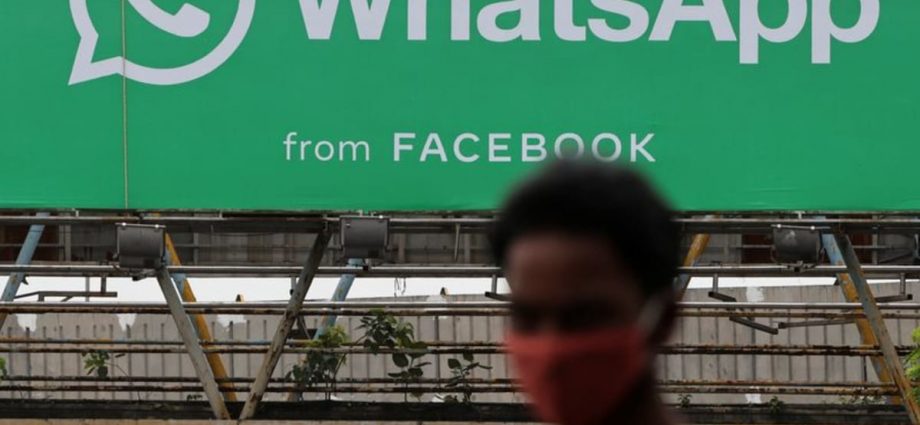
LOCAL INITIATIVES VITAL
While the impact of hate speech online has already been documented in several Asian countries in recent years, analysts say that tech firms have not ramped up resources to improve content moderation, particularly in local languages.
United Nations rights investigators said in 2018 that the use of Facebook had played a key role in spreading hate speech that fuelled the violence against Rohingya Muslims in Myanmar in 2017, after a military crackdown on the minority community.
Facebook said at the time it was tackling misinformation and investing in Burmese-language speakers and technology.
In Indonesia, “significant hate speech” online targets religious and racial minority groups, as well as LGBTQ+ people, with bots and paid trolls spreading disinformation aimed at deepening divisions, a report from Article 19 found in June.
“Social media companies … must work with local initiatives to tackle the huge challenges in governing problematic content online,” said Sherly Haristya, a researcher who helped write the report on content moderation in Indonesia with Article 19.
One such local initiative is by Indonesian non-profit Mafindo, which backed by Google, runs workshops to train citizens – from students to stay-at-home mothers – in fact-checking and spotting misinformation.
Mafindo, or Masyarakat Anti Fitnah Indonesia, the Indonesian Anti-Slander Society, provides training in reverse image search, video metadata and geolocation to help verify information.
The non-profit has a professional fact-checking team that, aided by citizen volunteers, has debunked at least 8,550 hoaxes.
Mafindo has also built a fact-checking chatbot in the Bahasa language called Kalimasada – introduced just before the 2019 election. It is accessed via WhatsApp and has about 37,000 users – a sliver of the nation’s more than 80 million WhatsApp users.
“The elderly are particularly vulnerable to hoaxes, misinformation and fake news on the platforms, as they have limited technology skills and mobility,” said Santi Indra Astuti, Mafindo’s president.
“We teach them how to use social media, about personal data protection, and to look critically at trending topics: during COVID it was misinformation about vaccines, and in 2019, it was about the election and political candidates,” she said.

